It’s hard to buy just one smart home device. Once you get started, you’ll want to keep going. Soon enough you’ll have a ton of devices that are smart on their own but feel a little chaotic together. That’s where a good smart home hub comes in to keep things connected and manageable from a single place. At DGIT we’ve already talked about smart hubs a lot, but we thought it was time to make a guide for our Android Authority audience as well.
Which smart home hub is best for you depends on the devices you use and how you’ll want to interact with it. Let’s dive in.
Samsung SmartThings
Samsung’s SmartThings is one of the best smart hubs, and it’s quickly become one of the most popular too. SmartThings has been around for years, and it’s been compatible with many mainstream smart home devices.
SmartThings is very well designed and offers a solid range of first-party accessories to customize and enhance your smart home. These include water sensors, motion sensors, and general multi-purpose sensors that can detect the opening and closing of doors, as well as changes in temperature throughout your home.
SmartThings works with all of the major protocols, including Bluetooth, Wi-Fi, ZigBee, and Z-Wave. Some have accused the smart hub’s app of being a bit difficult when setting up devices for the first time, but it has a very intuitive interface overall.
At $89, it’s not just one of the best smart home hubs — it’s also affordable.
VeraPlus
The VeraPlus is a very robust platform and one of the best smart home hubs around.
This device is pricier than others on this list, coming in at $150, but you can get it for $113 for a limited time. That price is fair, when you consider the VeraPlus’ compatibility with over 2,000 devices, according to Vera. You can have up to 220 unique devices connected to the smart hub at one time, to boot. That’s substantially more smart devices than the average person will ever have in their home, but that makes the VeraPlus ideal for professional environments too.
Like the other smart hubs on this list, the VeraPlus smart hub supports the major protocols, including ZigBee, Z-Wave, Bluetooth and Wi-Fi. Vera offers a seamless user experience across multiple platforms including iOS, Android, and Windows Phone apps, as well as browser access.
This is a powerful smart hub, but the average consumer may want to consider one of the more affordable options to avoid blowing money on what could amount to overkill.
Wink 2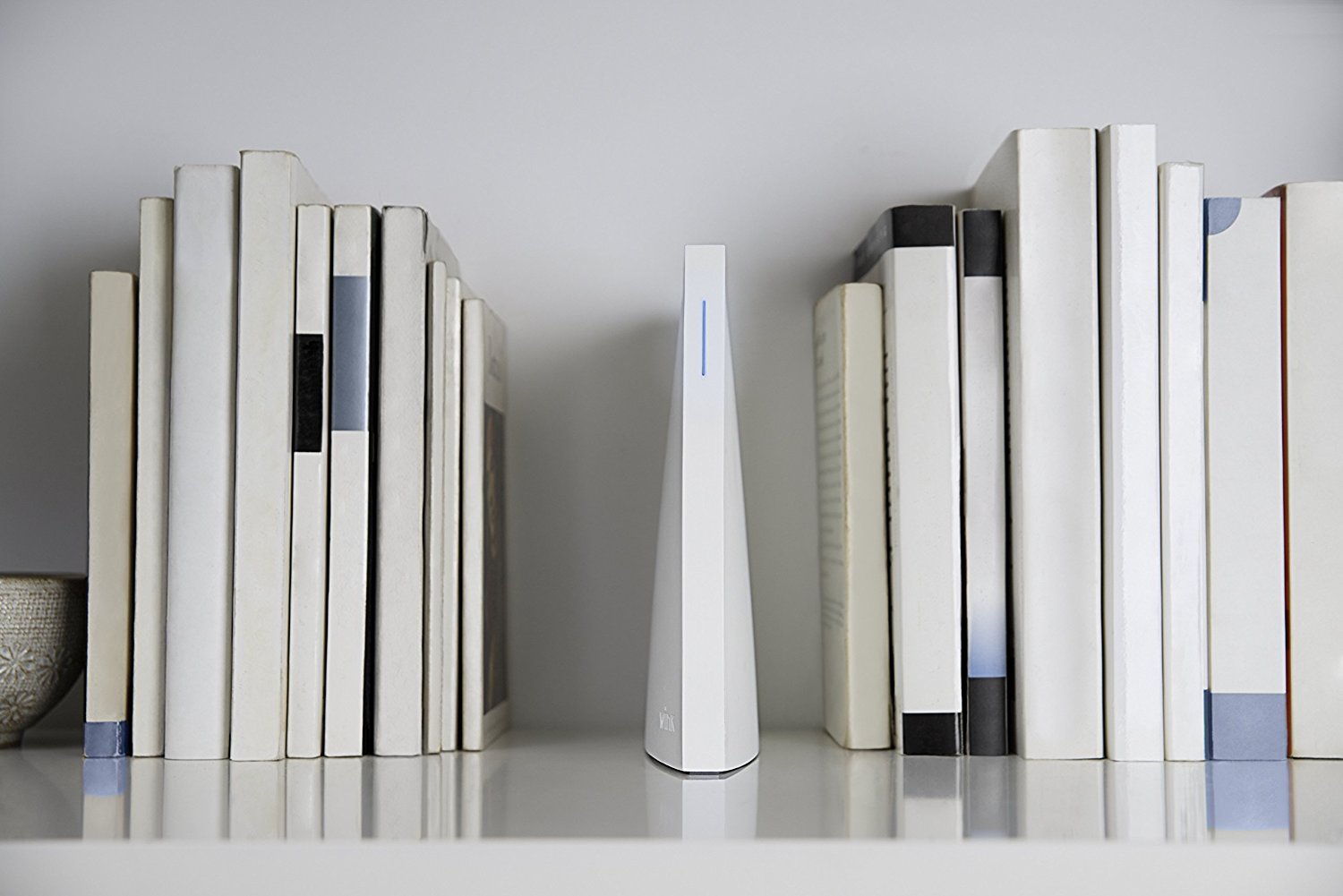 Amazon
Amazon
Wink’s latest iteration, the Wink Hub 2, has an attractive vertical stand that you can tuck away on a bookshelf or entertainment center. You can also flaunt your geekiness with pride by displaying it more openly.
Outside of the sleek, modern design, the Wink Hub 2 has a huge list of supported protocols, including Bluetooth, Wi-Fi, ZigBee, Z-Wave, Kidde, and Lutron Clear Connect.
Wink’s app can be a bit tedious, making you pair individual devices manually. However, the app comes pre-loaded with a barcode scanner to pair up devices almost instantly. If you have an Amazon Echo, the two work together seamlessly. Unfortunately, the Wink Hub 2 isn’t compatible with Apple’s HomeKit.
The Wink Hub 2 is available for $100 on Amazon, but it’s currently on sale for $90.
Amazon Echo
Amazon Echo was the trailblazer among connected speakers and home assistants, and the device keeps evolving. This includes the Echo’s voice-powered assistant Alexa, who stays up to date on all your smart home needs.
With the Echo, you get a 360-degree omnidirectional speaker, voice-activated media control capabilities, hands-free phone options, and more.
In fact, as one of the best smart home hubs, the Echo does much more. As well as checking the weather and ordering stuff on Amazon, the Echo allows you to control connected devices like lights, thermostats, garage doors, and whatever else you have in your smart home.
At $100 on Amazon, it’s not the cheapest option, but you get a lot of bang for your buck.
Amazon Echo Dot
If you’re looking for an Amazon Echo but don’t want to drop three figures on it, not to worry. Amazon also offers the slimmed down Amazon Echo Dot, another obvious pick as one of the best smart home hubs available — and for just half the price of at $50 on Amazon.
The Dot’s cheaper price point is all the more shocking when you realize that it has pretty much all of the same functionality as its older brother. The main difference (and it’s not a small one) is that the classic Echo is a standalone, high quality speaker. The Dot, on the other hand, really isn’t designed for great audio. You’ll hear Alexa talk to you, along with the alarms you set for yourself, but don’t expect a great speaker for listening to your music.
You can connect the Dot to a better speaker, but that’s an extra step a lot of people would rather skip.
If a great smart home hub is your main focus, though, the Dot surpasses the standard Echo if for no other reason than it’s the same product at half the price.
Google Home
Google Home usually ranks behind the Echo (and the Home Mini behind the Echo Dot), but it’s certainly in the running as one of the best smart home hubs you can buy — especially if you don’t want to be part of the Amazon ecosystem.
The Google Home does everything you need from a smart hub, from adjusting the thermostat, to answering questions it can Google for you, to using Chromecast to put whatever you’re watching onto your TV screen instantly, and all of that with simple voice commands.
You can also customize the base of your Google Home (that’s the part with the multi-directional speakers) to suit your needs and make you smart hub feel more unique and personalized.
Get yours for $130, or check out the Google Home Mini for just $50.
Logitech Harmony
If your smart home is geared more to watching TV and movies or playing video games, the Logitech Harmony is a great smart home hub. At $80 (normally $100), it’s also not a bad deal.
Harmony can connect to eight devices at once, including your TV, satellite or cable box, Blu-ray player, Apple TV, Roku, video game consoles, and plenty more. The Harmony app, which you can download to Android or iOS, allows for simple commands that turn your living room into an optimal home theatre instantly. For instance, you can program a movie night routine that, when activated, dims the lights, turns on your TV and speakers, and launches the streaming service of your choice.
With Alexa support, Harmony can also do all of that with a voice command. If you’re the “I don’t even own a TV” type, this probably isn’t the smart home hub for you, but if you are, this may just be the hub you’ve been looking for.
Wrap Up
Which smart home hub you choose will often depend on your preferences and on which devices you already own. It’s always good to check specific compatibility if you already own devices you’re not willing to part with.
Having said that, you’ll still have a lot of options to go through. Hopefully our picks of the best smart home hubs offer a good starting point for you to make the best decision.
Have you tried any of these smart home hubs? Did they live up to your expectations? Let us know your thoughts in the comments!
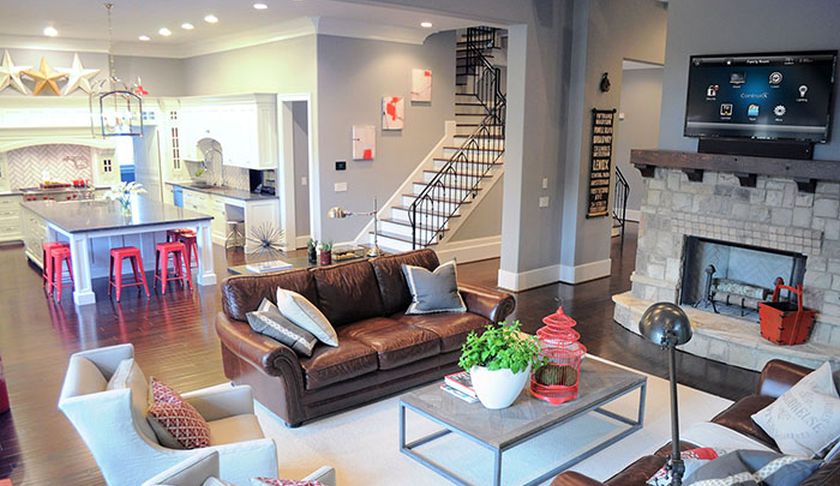
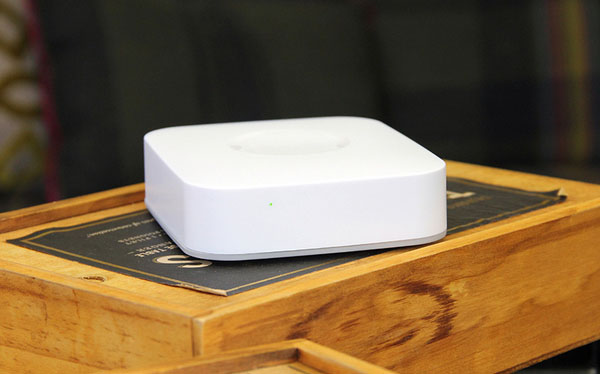

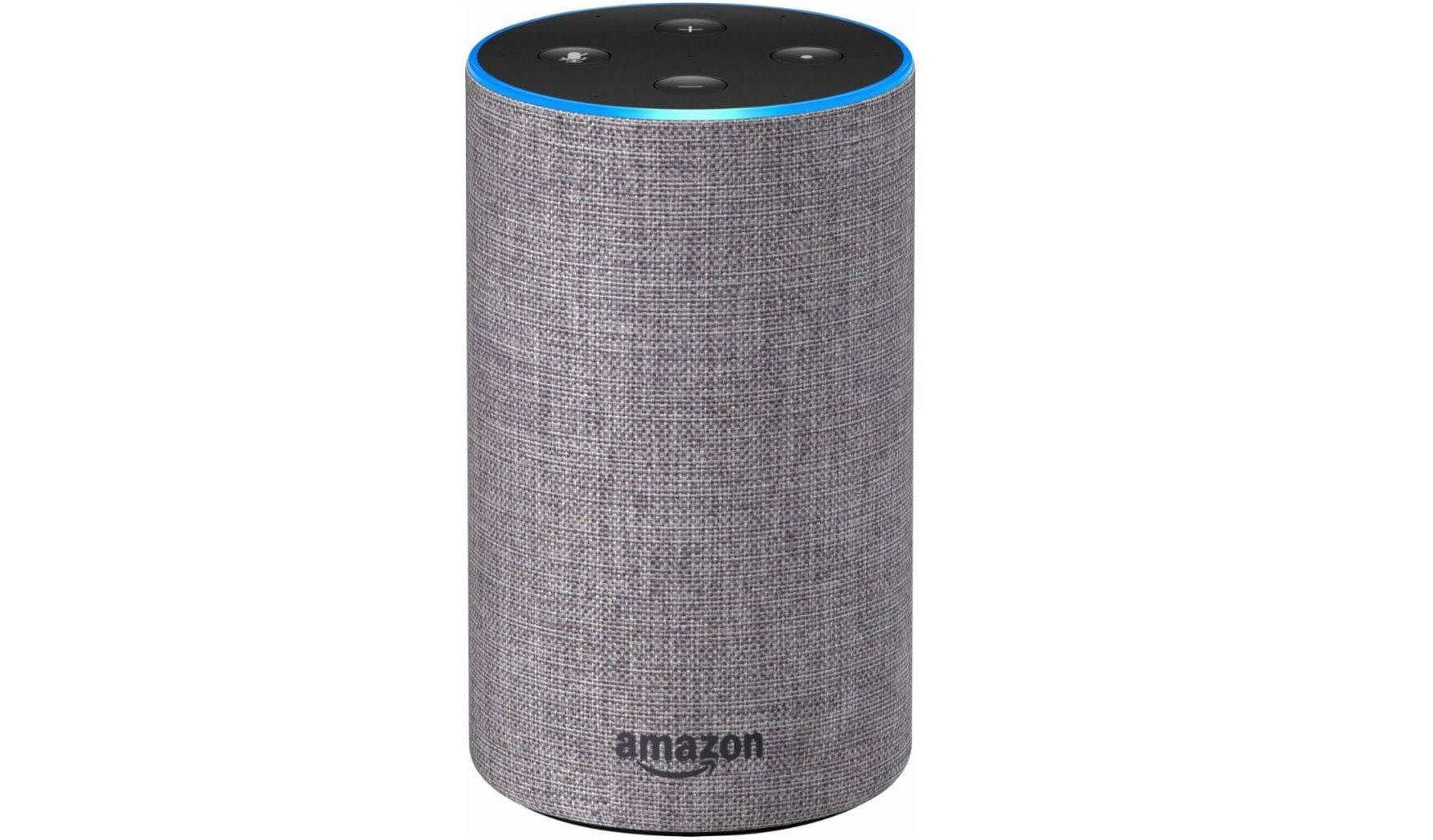

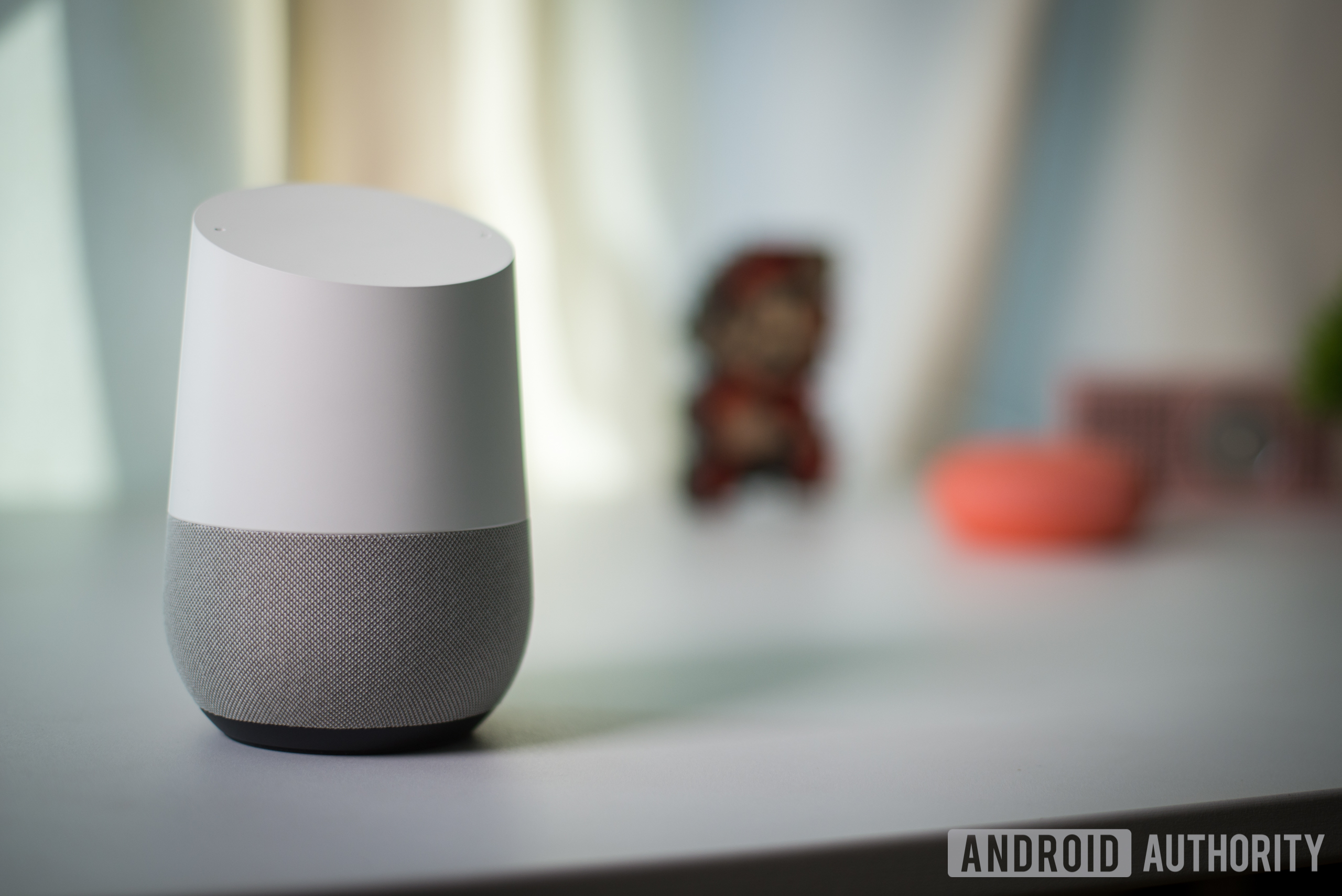
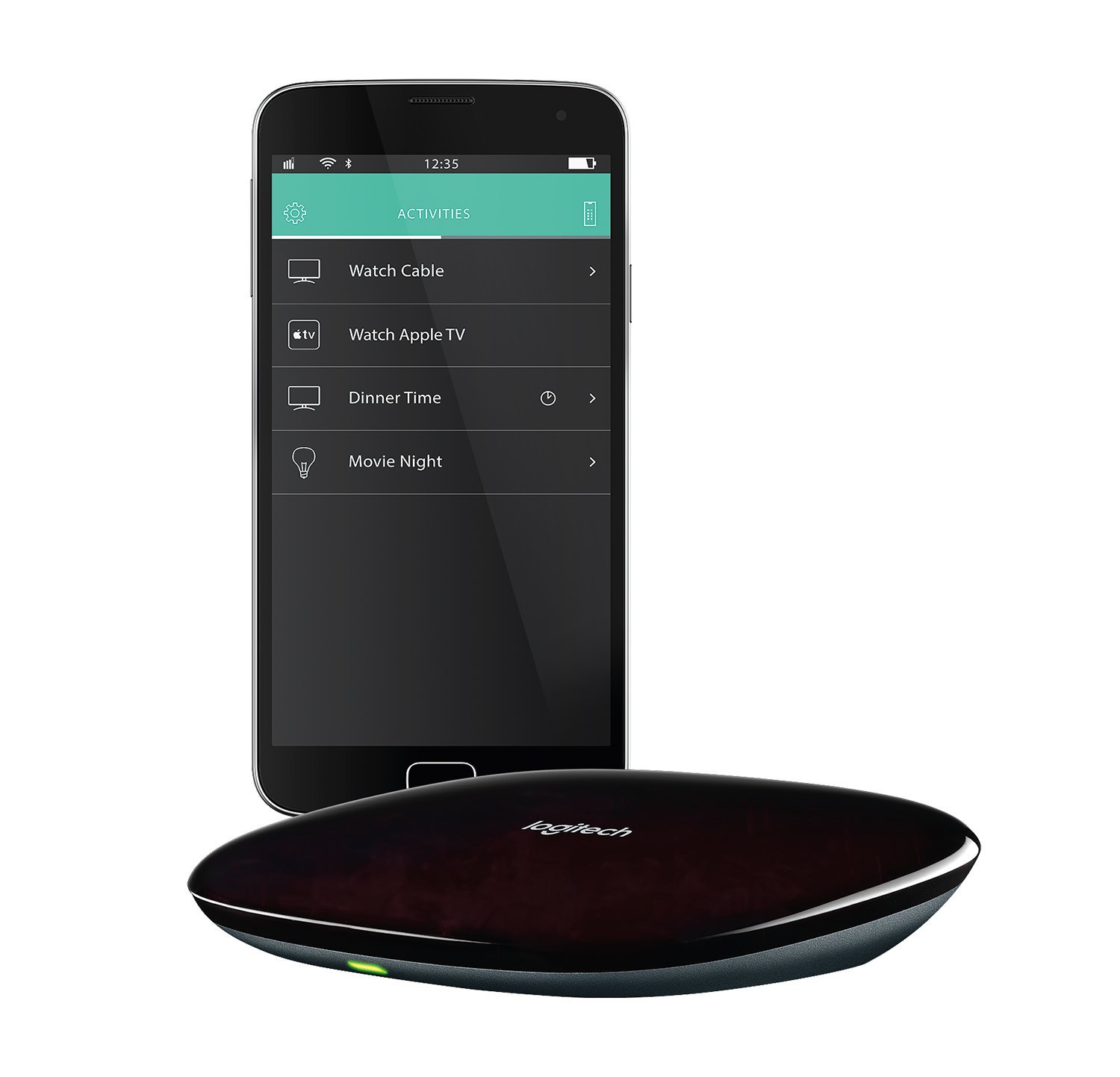
Comments
Post a Comment